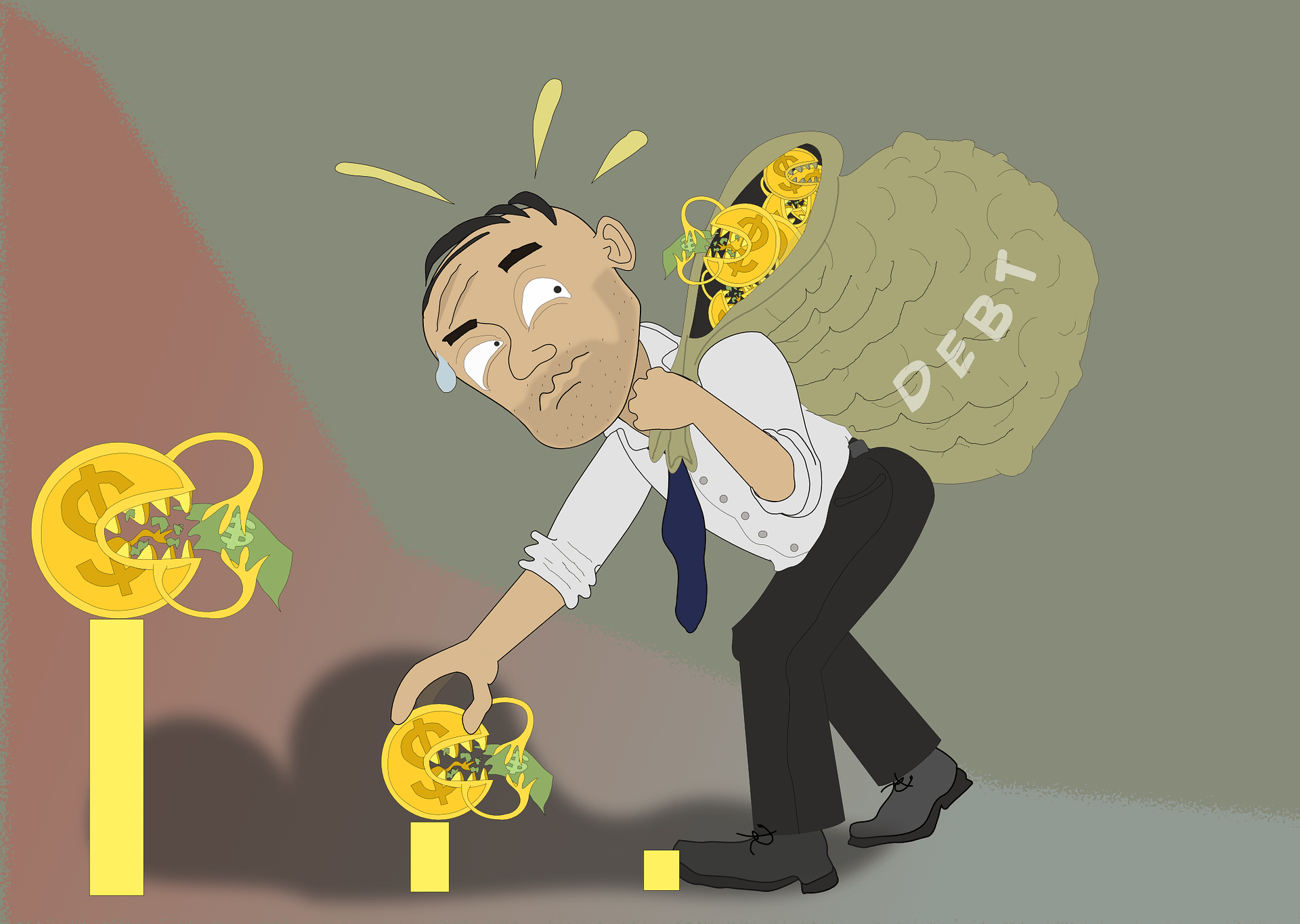What happens when a person dies with debt and is not a bankrupt in Singapore?
When a person in Singapore passes away with debt but is not a declared bankrupt, the handling of their debt depends on several factors, including the nature of the debt, the person’s assets, and whether they left behind a valid will. Here is a general overview of what typically happens in such cases:
Identification and Notification:
- When a person passes away, their family or next of kin typically notify relevant parties, including creditors, banks, and relevant government agencies.
Executor or Administrator:
- If the deceased had a valid will, they would have appointed an executor to handle their estate. The executor’s primary responsibility is to manage the deceased’s assets, pay off debts, and distribute the remaining assets to beneficiaries according to the will.
- If there is no will, or if the appointed executor is unable or unwilling to serve, the court may appoint an administrator to perform these duties.
Assessment of Assets and Liabilities:
- The executor or administrator will assess the deceased’s assets, including bank accounts, real estate, personal belongings, investments, and any other valuable items.
- They will also identify and compile a list of the deceased’s debts and liabilities, such as outstanding loans, credit card balances, and other financial obligations.
Payment of Debts:
- The deceased person’s estate is responsible for paying off their debts and liabilities. This includes using the deceased’s assets to settle outstanding balances.
- Debts are typically settled in the following order of priority:
- Funeral and estate administration expenses.
- Secured debts, such as mortgages or car loans.
- Unsecured debts, like credit card debts and personal loans.
- Taxes and other government debts.
Distribution to Beneficiaries:
- After all debts, expenses, and taxes are paid, the remaining assets are distributed to the beneficiaries according to the deceased’s will or, in the absence of a will, according to Singapore’s intestacy laws.
Insufficient Assets:
- If the deceased’s assets are insufficient to cover all debts, the estate may be declared insolvent. In such cases, the beneficiaries may not receive the full amount they were entitled to, and creditors may not be fully compensated.
- However, beneficiaries are not personally responsible for repaying the deceased’s debts from their own assets.
Notification to Creditors:
- Creditors who are owed money by the deceased person should file their claims with the executor or administrator within a specified period, usually six months from the date of death.
- The executor or administrator reviews these claims and makes payments to creditors based on the available estate assets.
It’s important to note that Singapore does not have inheritance or estate taxes. The process described above is generally governed by the Probate and Administration Act (Chapter 251) and the rules and regulations related to estate administration in Singapore.
If you are in a situation where a family member or loved one has passed away with debt in Singapore, it is advisable to seek legal advice and consult with a lawyer experienced in estate administration and probate matters to navigate the complexities of settling the estate and handling debts.






